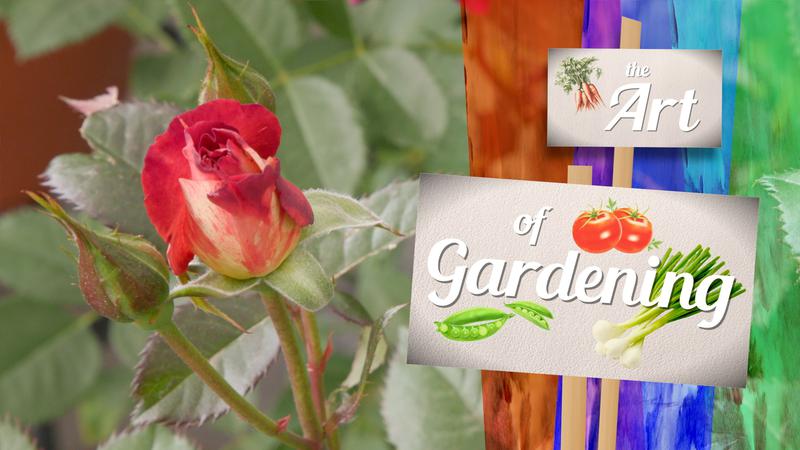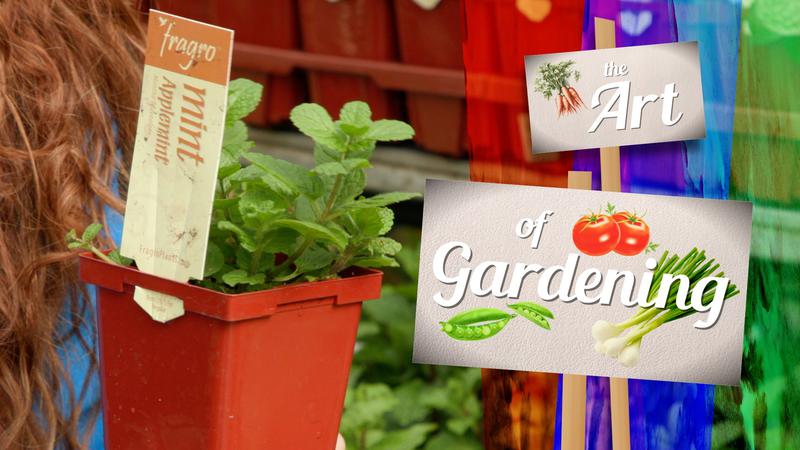
Retired Kamloops nurse’s beaded gift for Dr. Bonnie Henry a reminder of missing and murdered Indigenous women
KAMLOOPS — For Gwen Campbell McArthur, the issue of missing and murdered Indigenous women cannot be sidelined during a global pandemic and provincial state of emergency.
“It’s just not something that we can just hide and sweep under the carpet because we’re in a pandemic,” Campbell McArthur told CFJC Today.
The urgency of the issue is what led the Metis woman from Kamloops to create a special piece of art for Provincial Health Officer Dr. Bonnie Henry, whose work during the COVID-19 pandemic Campbell McArthur calls “nothing short of astounding.”
The beaded red dress was initially intended to be a necklace for Dr. Henry, whose flare for eye-catching fashion has become apparent over the course of her regular media briefings. On Monday (July 6), Dr. Henry wore the piece as a brooch affixed to her blazer.




